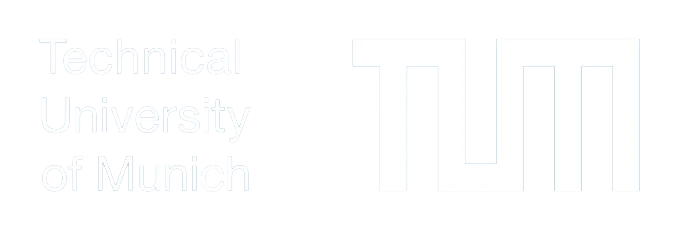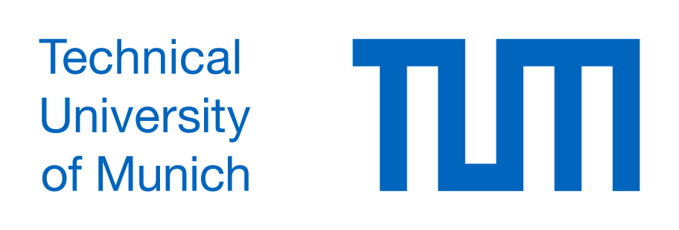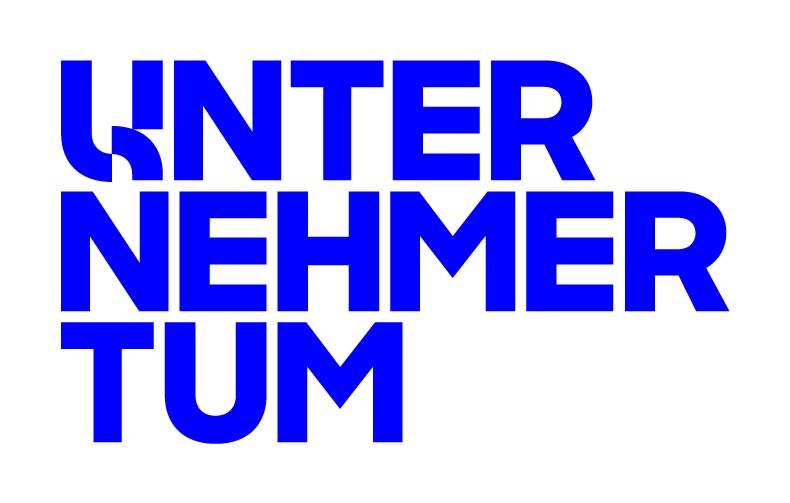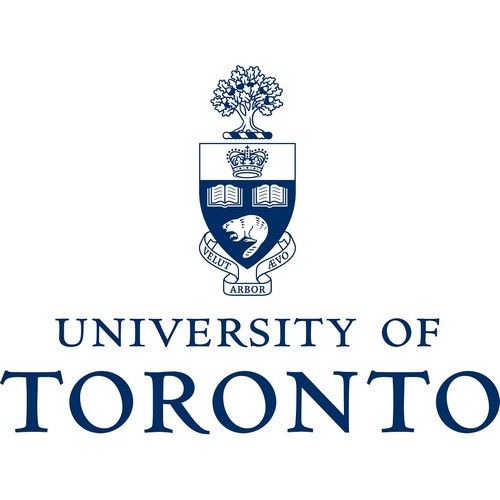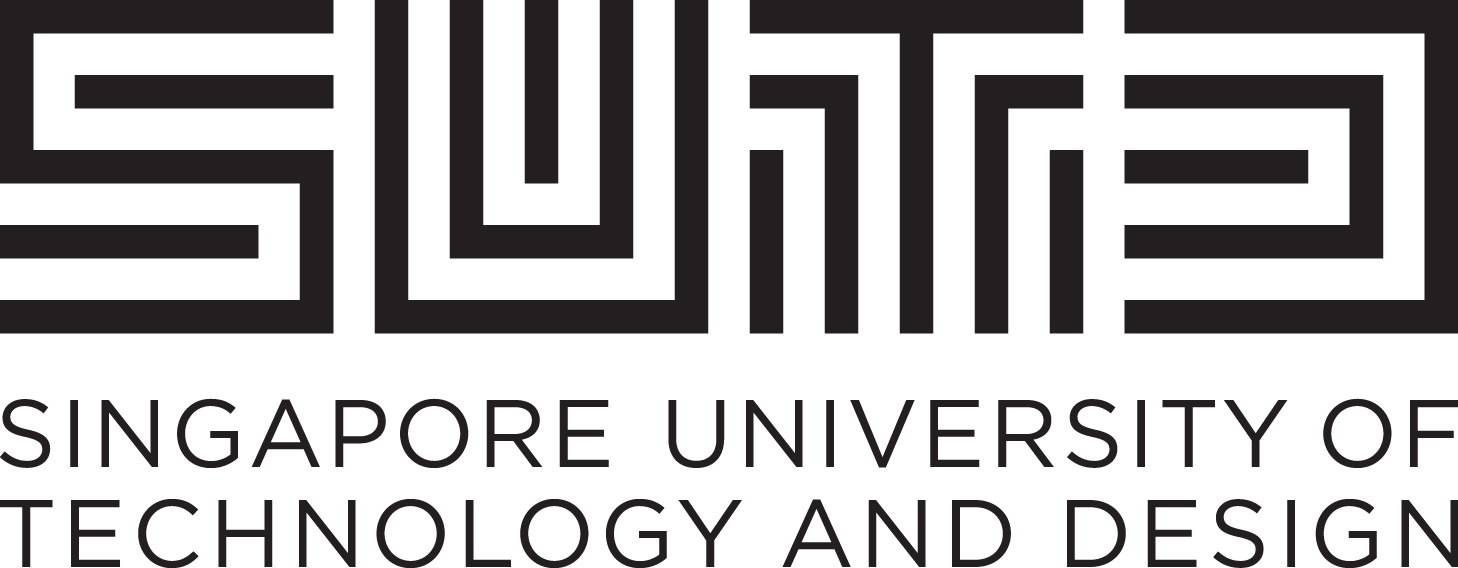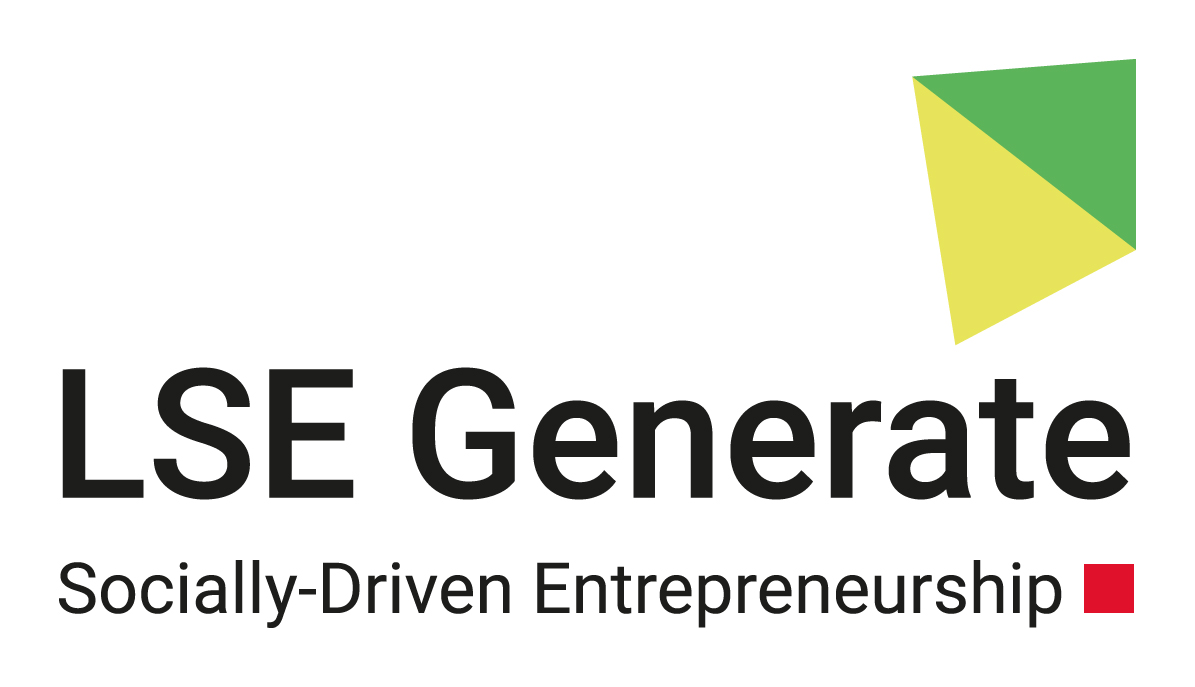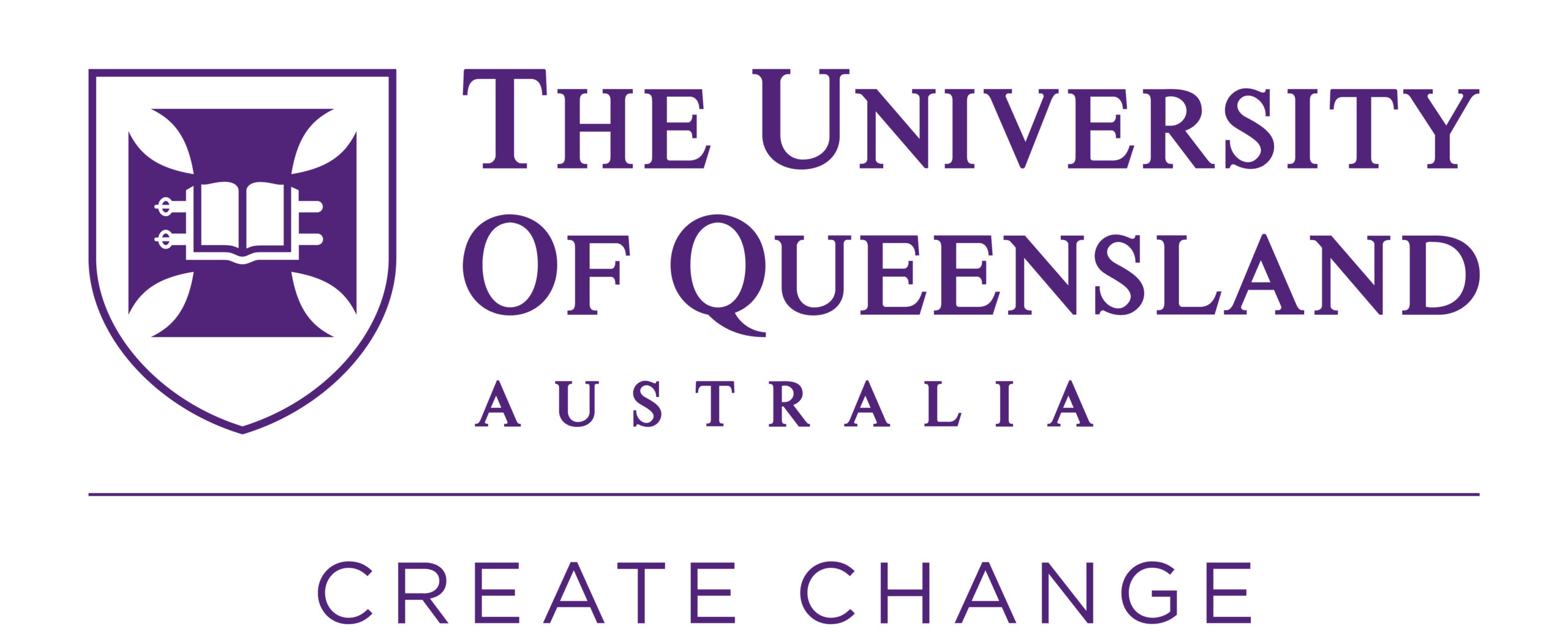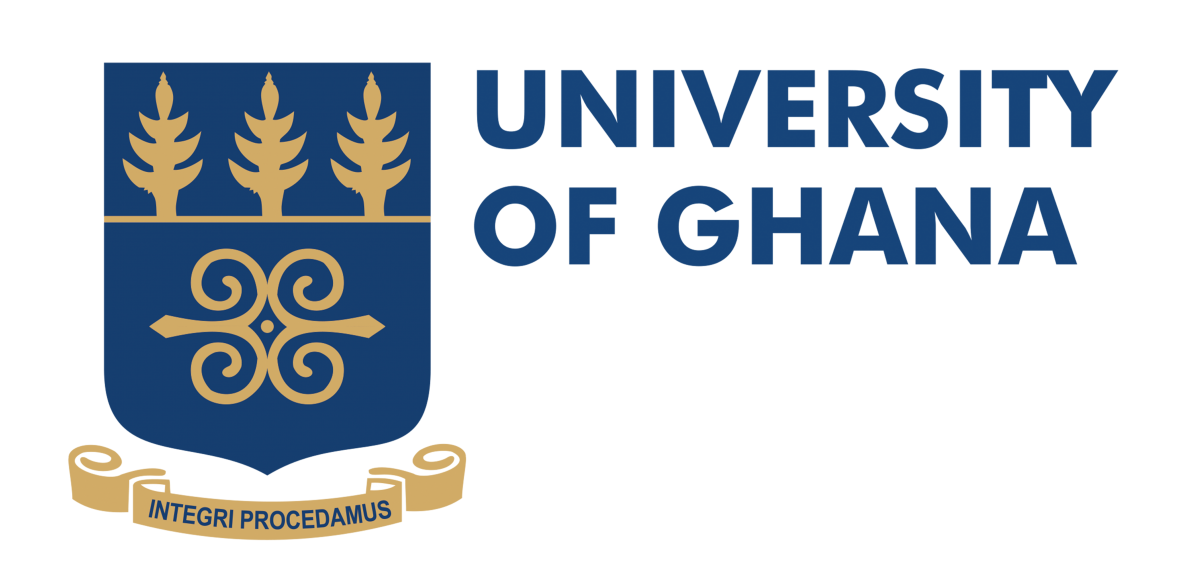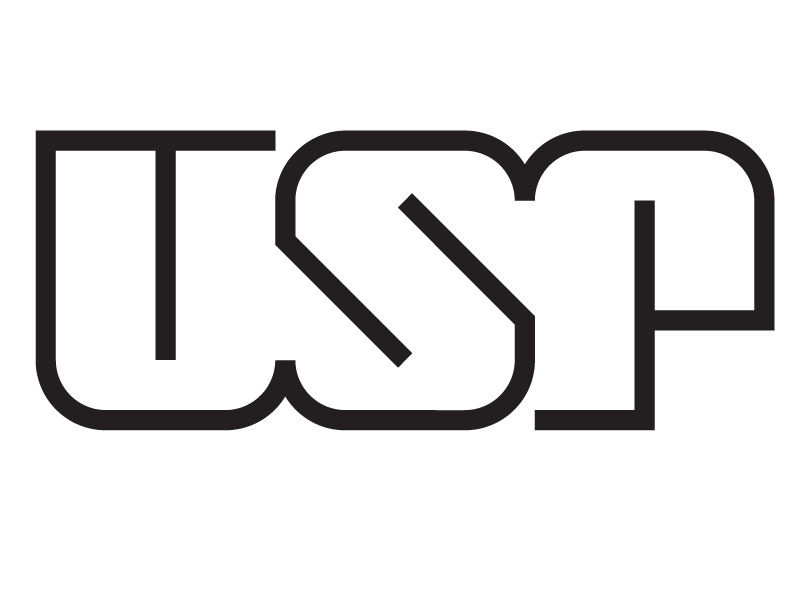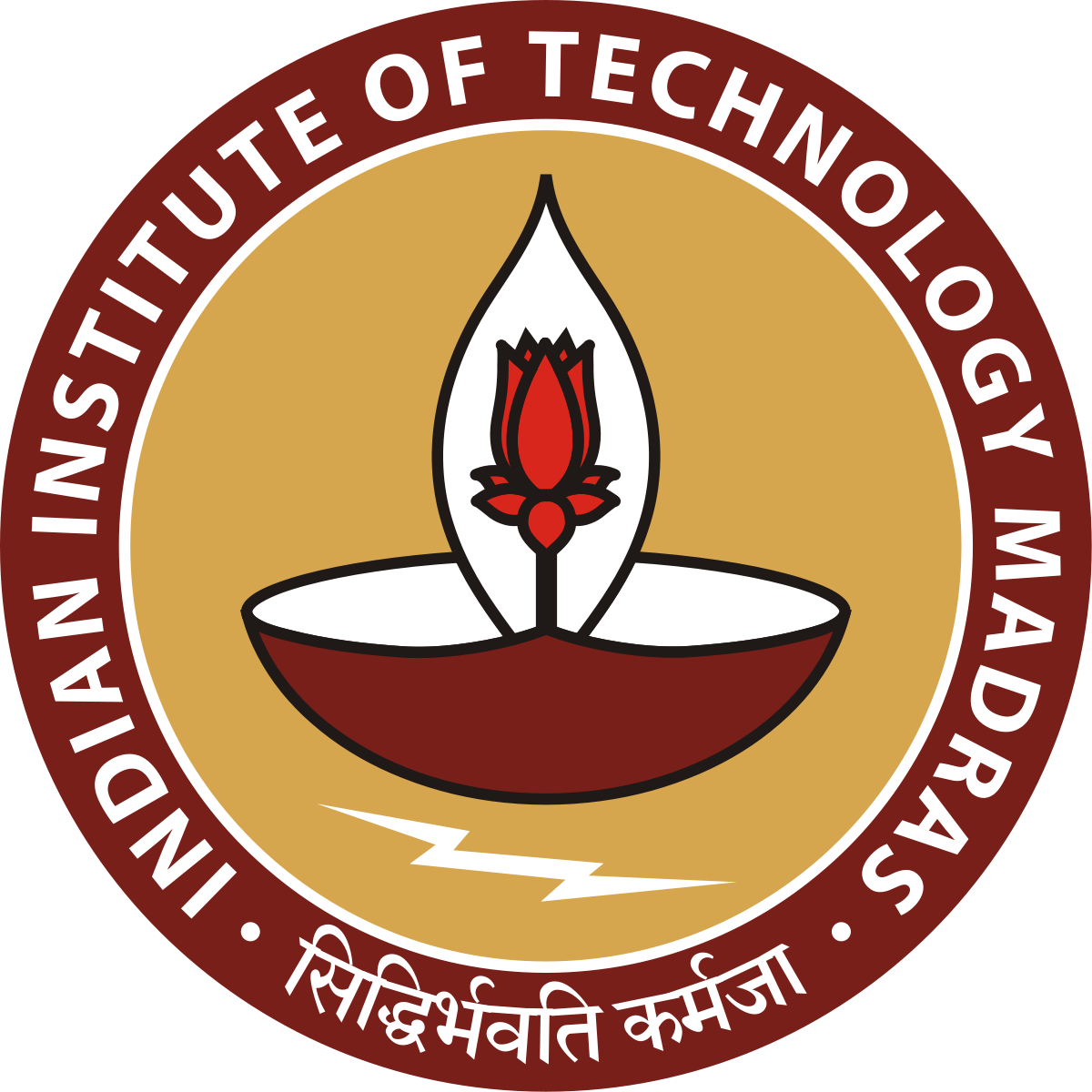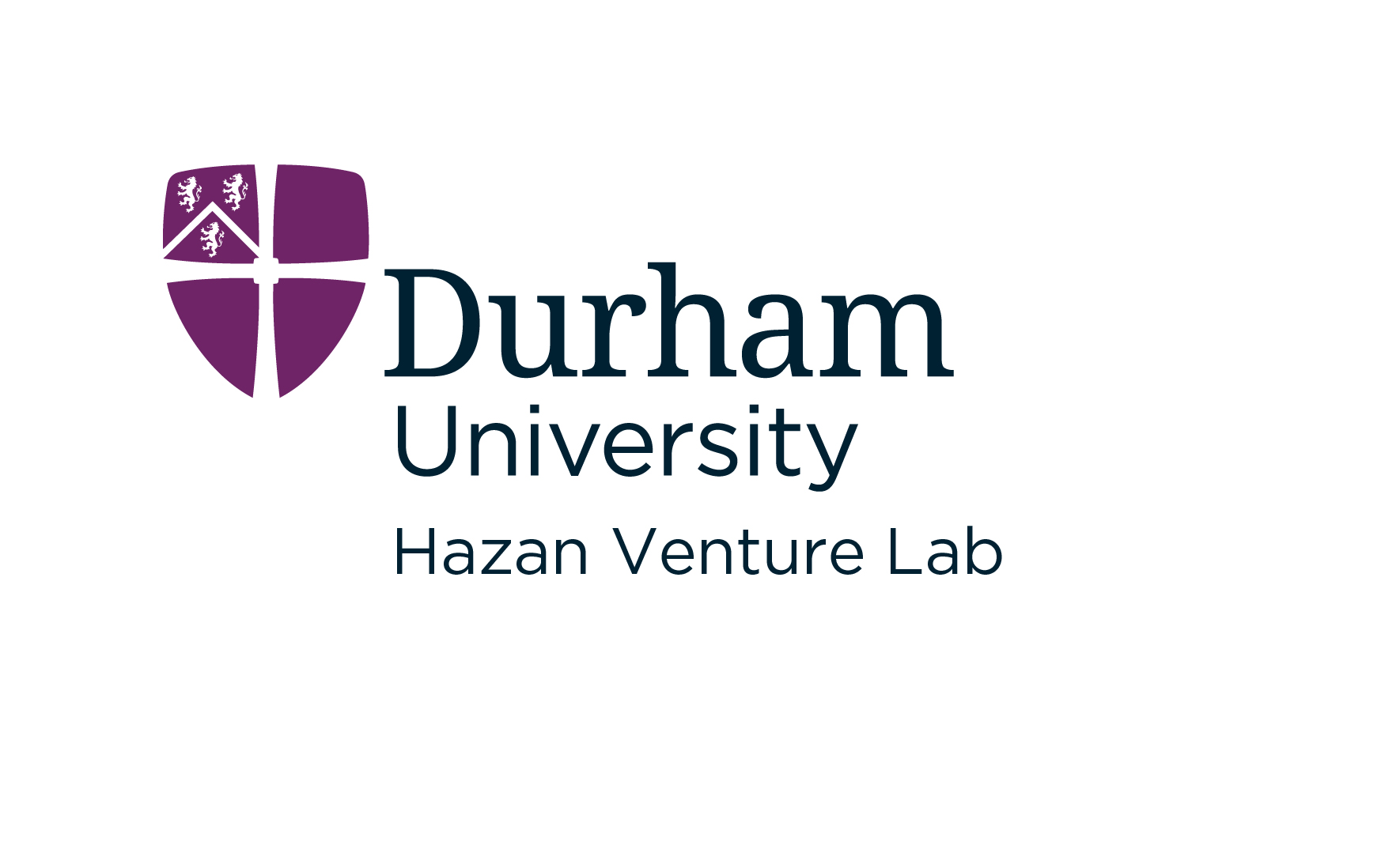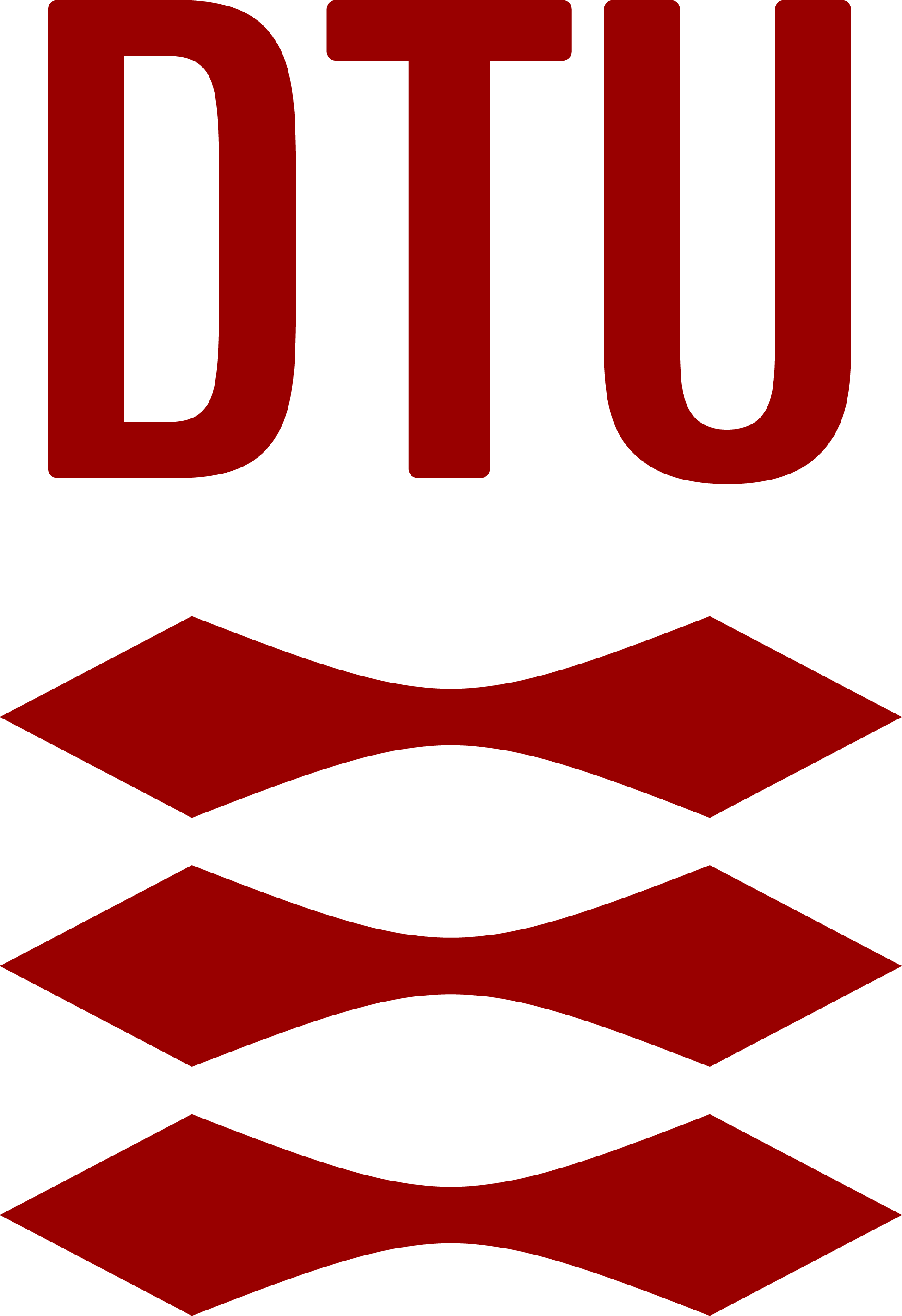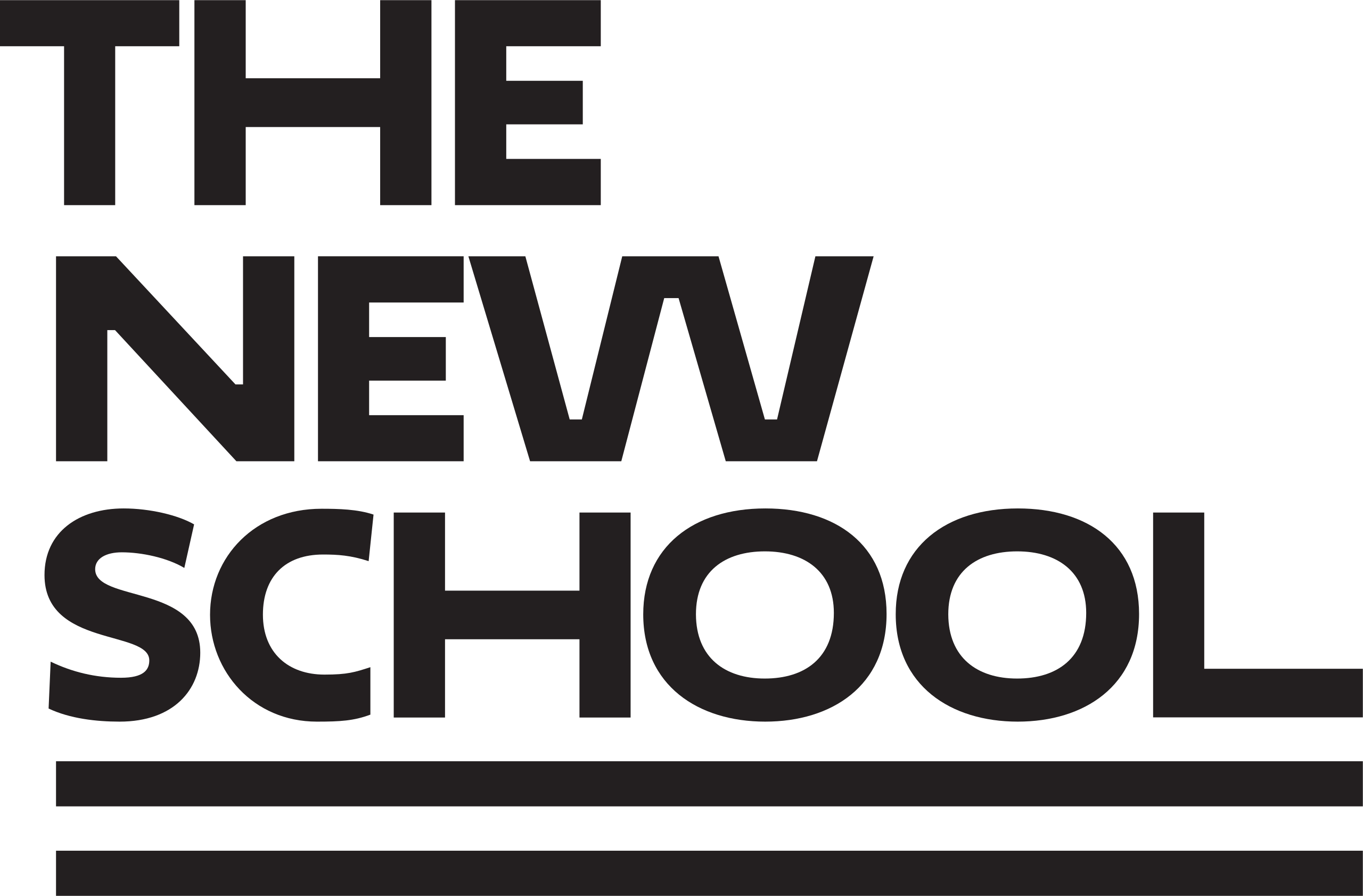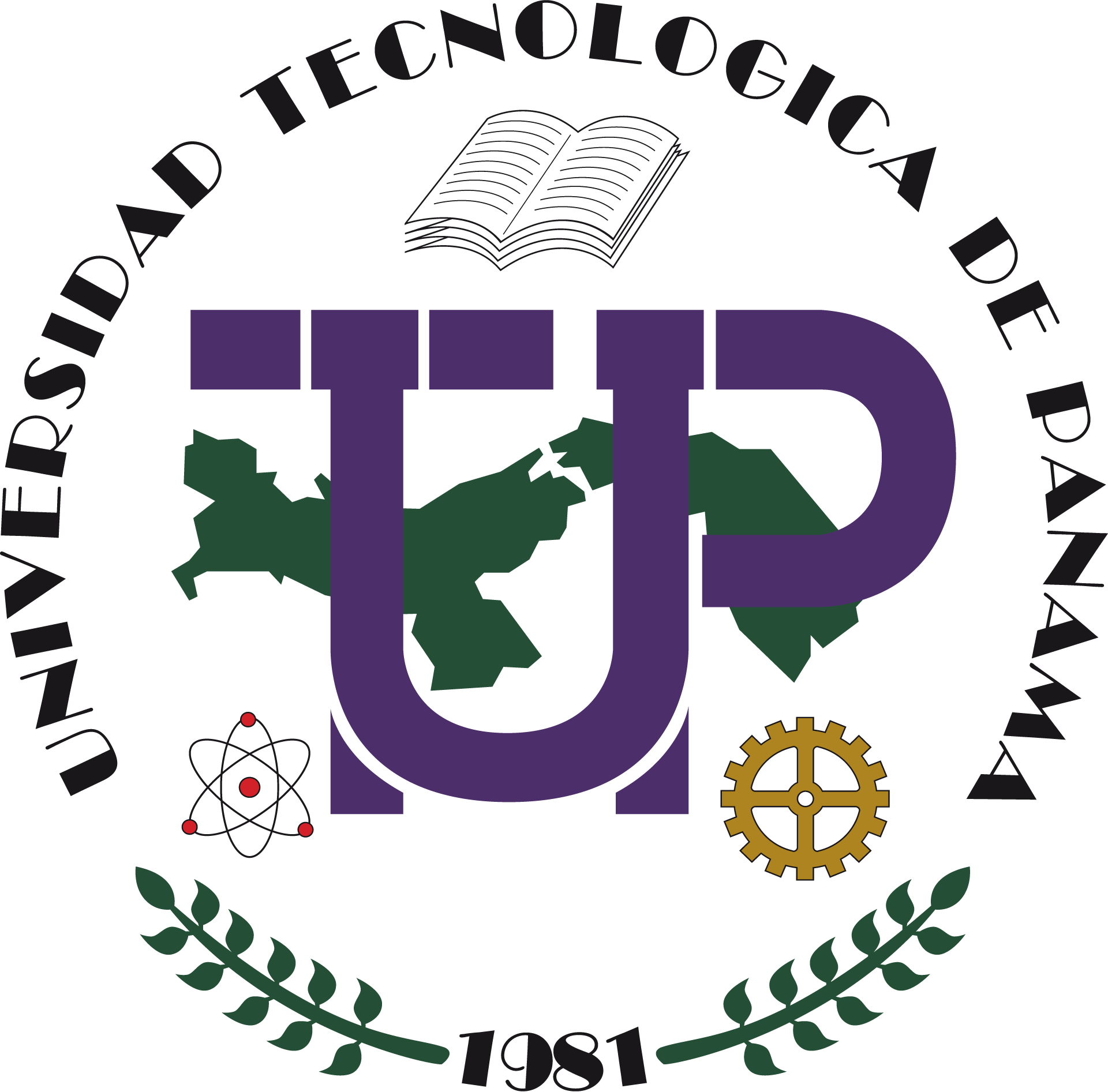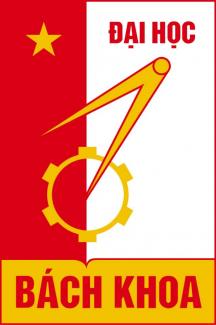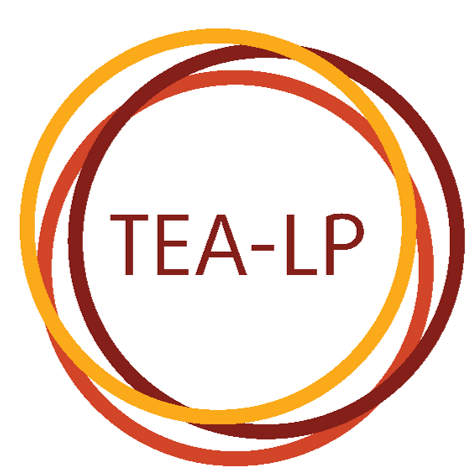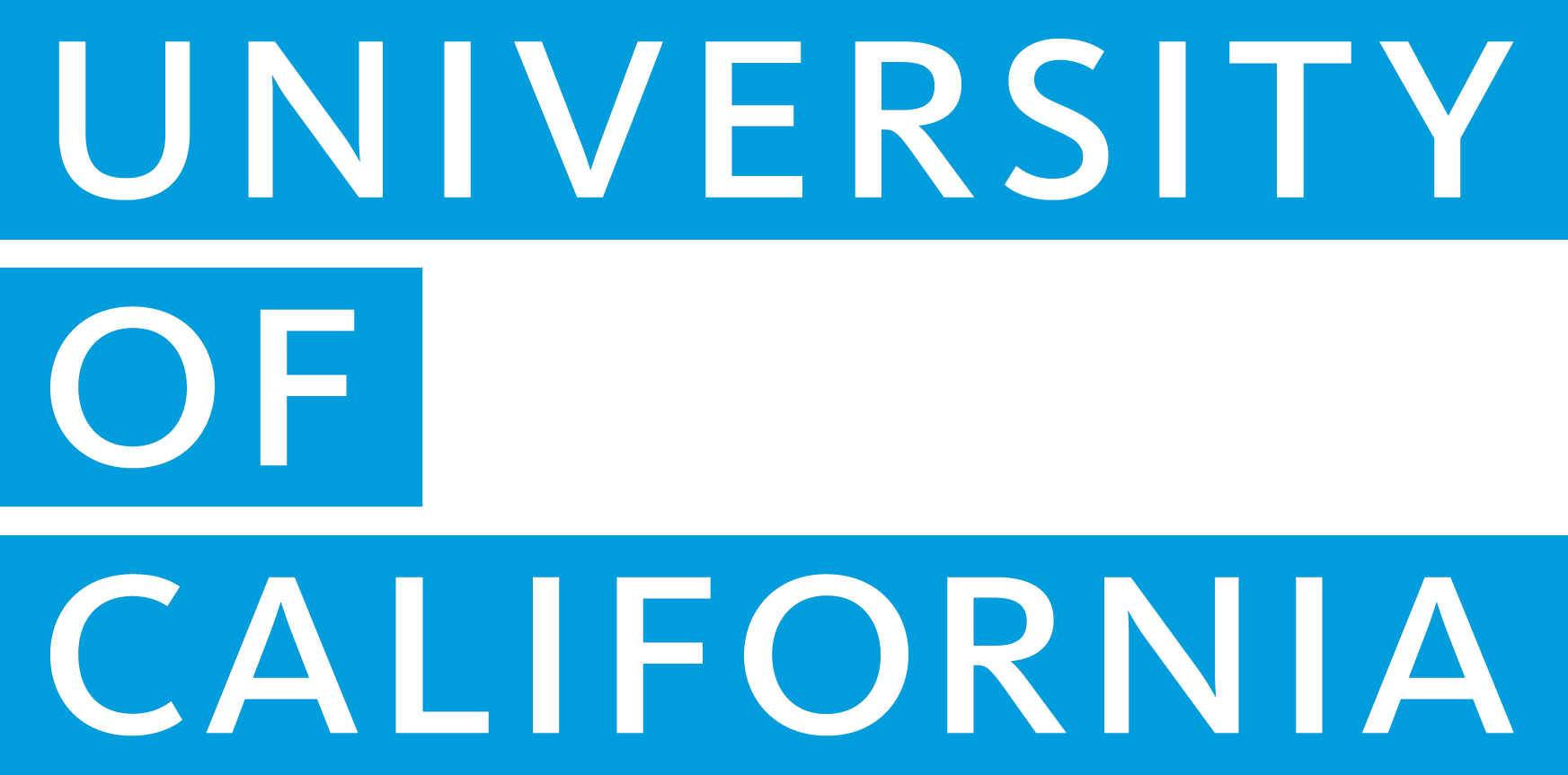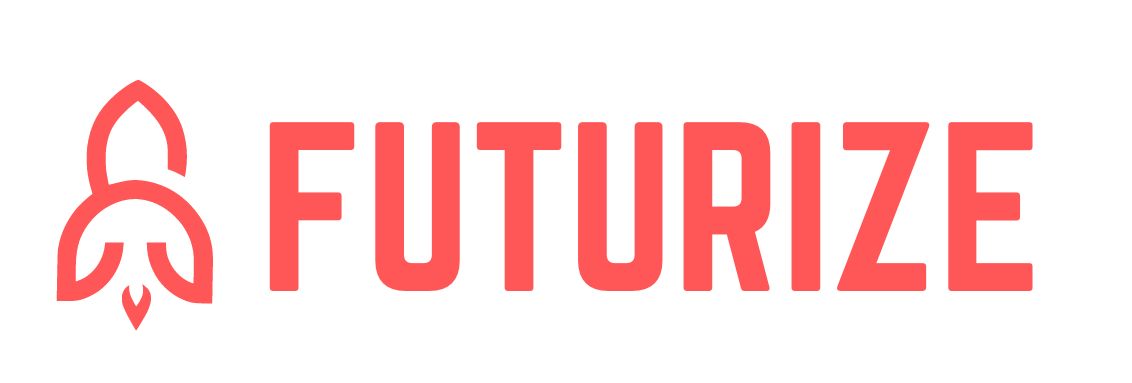Global Challenge Lab
Join students from across the world to form international teams and generate solutions to some of the world’s most pressing challenges and work towards the UN Sustainable Development Goals. Learn new skills, meet new people and win a share of the prize fund.
Our partners:
What is Global Challenge Lab?
Embark on an exciting entrepreneurial journey with the Global Challenge Lab – an innovative virtual program presented in collaboration with Tsinghua University’s x-lab in Beijing and the Technical University of Munich.
In 2024, our program has its sights set on the future, with a keen focus on renewable energies and smart cities. Join us to develop solutions that align with the UN Sustainable Development Goals 7 (Affordable and Clean Energy), 11 (Sustainable Cities and Communities), and 13 (Climate Action).
Welcoming students and alumni from diverse backgrounds, this 14-day hackathon offers a unique blend of optional workshops, guest speakers, and mentoring. Immerse yourself in this enriching experience, taking your entrepreneurial skills to the next level and connecting with like-minded individuals from around the globe as you work in international teams.
As the program concludes, top teams from each track will have the chance to shine, pitching their ideas for a shot at the prize fund. Scroll down to discover the success stories of last year’s trailblazers!

14-day entrepreneurship programme

Mixed teams – a team size of 3-6 members and each team must include participants from at least 2 different institutions

Delivered online – mix of live masterclasses and pre-recorded content

Supported by industry leader panel and speaker events

Teams must submit a 3 minute pitch video

£10K prize fund

Expert training on cross-cultural collaboration, design thinking, prototyping and much more!

90+ global mentors

Teams must present an innovative solution (technical or non-technical) to a UN Sustainable Development Goal
Challenge Tracks
In addressing climate change, smart cities optimize resource usage and enhance living standards as urban populations grow, while renewable energies reduce reliance on fossil fuels, curbing emissions. Together, they form crucial pillars in our collective response to environmental challenges globally.
You will work together to identify key problems, brainstorm solutions, and build prototypes or models that can address these issues. We encourage you to collaborate, share your skills, and think outside the box as we aim to create actionable ideas that can make a real impact in the world.
Students will form international teams to innovate within tracks. As a team, you must choose one of the three tracks below to innovate within. Each track has 3 finalists, who progress to the Global Challenge Lab Demo Day.
Track 1: Smart Cities
Challenge 1: Climate Resilience in Cities
How might we integrate climate resilience into urban planning to address challenges related to extreme weather events, rising sea levels, and other climate change impacts? Utilize data analytics, simulations, and advanced technologies to help cities develop adaptive strategies for infrastructure, housing, and public spaces. The goal is to create more resilient and sustainable urban environments that can withstand the challenges posed by climate change.
Challenge 2: Smart Mobility for Inclusive Cities
How might we leverage smart technologies to enhance urban mobility, making it more inclusive for all residents, including people with disabilities, elderly individuals, and those with low incomes. Solutions should address issues such as accessibility, affordability, and efficiency in transportation systems.
Track 2: Climate Action
Challenge 1: Decentralized Renewable Energy Solutions for Rural Communities
How might we provide sustainable energy solutions that can be implemented in rural or off-grid areas? Emphasize the use of decentralized renewable energy sources, such as solar, wind, or hydropower, to provide affordable and clean energy access to communities currently lacking reliable electricity. Solutions should be scalable, environmentally friendly, and economically viable.
Challenge 2: Carbon Footprint Reduction
How might we create solutions that empower individuals and communities to reduce their carbon footprint through sustainable lifestyle choices? Develop applications, platforms, or tools that provide personalized recommendations, incentives, and information on eco-friendly practices, transportation alternatives, and energy-efficient habits. The aim is to foster a culture of sustainability and contribute to the collective effort in combating climate change at the individual and community levels.
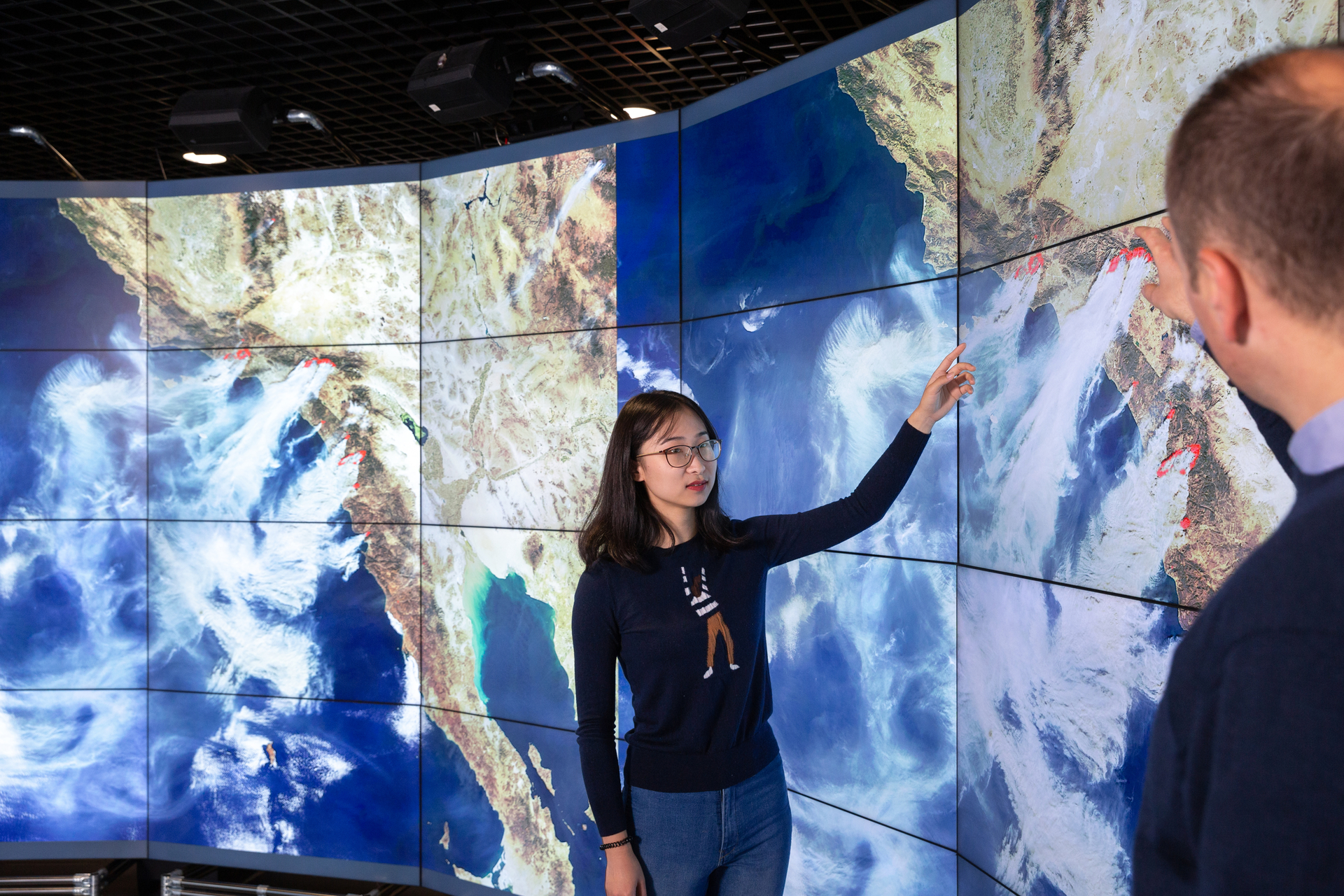
Learning outcomes

Understand how to work and communicate effectively in cross-cultural teams

Understand the impact and importance of entrepreneurship in achieving the UN SDGs

Understand the factors that contribute to achieving UN SDG 7, 11 and 13 from a global perspective

You will have created a comprehensive startup idea

Understand how to identify and test problems that are worth solving

Understand the fundamentals of what makes a great pitch and how to craft and articulate a compelling story
Entry requirements
- You must be a current enrolled student or alumnus (no more than 3 years since graduation) from one of the partner universities: Imperial College, University of Durham, London School of Economics, the American University in Beirut, University of Queensland, Indian Institute of Technology Madras, Tsinghua University, University of Sao Paulo, University of Ghana, Technical University of Munich, University of Geneva, University of Toronto, Cornell University, University of Lagos, University of Hanoi, Denmark Technical University, The New School, University of Panama, TEA-LP, University of California.
- You must be available for the final event on 16 July 2024.
- The programme is designed to help you generate new ideas, you should not be entering with fully formed ideas or ventures.
- Approximate time commitment = 2 hours per day
Key dates
The challenge comprises of a series of workshops, talks and networking sessions across multiple time zones. Attending all the sessions isn’t compulsory, although participation is encouraged.
30 June - Registration deadline
Make sure you register to join the challenge before 23:59 GMT+1 on 30 June 2024.
1 July - Networking
Form international teams of 3-6 members. Each team must include participants from at least 2 different institutions. Teams must be confirmed on 6th July.
3 July - Global Challenge Lab Kick Off
Optional and core keynotes, workshops, masterclasses, mentoring and networking to help develop your idea.
14 July - Deadline for pitch submissions
All submissions are due (12 EST/ 15 BST/22 CST) to be considered for the final.
15 July - Top teams announced
The top 6 teams named will have the opportunity to pitch their ideas and win a share of a £10,000 prize fund!
16 July - Live final and closing ceremony
Challenge finalists pitch to an industry leading panel for a share of the cash prize. If you are applying to take part in the Challenge, you must be available for this event.
FAQs
Can I join with my friends/classmates?
Teams must be made up of students or recent alumni from partner universities, you will need to have a minimum of 3 partner universities represented on your team. You can join a team with your classmates as long as you meet this requirement. We will help you to form a team at the start of the programme.
Can I bring my own startup idea to the challenge?
The programme is designed to help you generate new ideas, you should not be entering with fully formed ventures.
Do I need to be fluent in English?
Do I need to have technical expertise, such as that in a traditional ‘hack’?
How do I form a team?
If you want to join a team with a classmate or friend you are welcome to do so, providing they are from a partner university. If you are joining alone, we will arrange a series of structured and guided networking sessions to help you meet students from other universities. There will also be a Slack channel for you to meet and introduce yourself.
Can I submit multiple projects?
Who owns my IP?
The Challenge is an ‘Open Hack’ meaning that neither the organisers, nor the Sponsors have any claim to the intellectual property generated by the participants at the Challenge. However, the status of the ownership of any pre-existing intellectual property generated outside the Challenge that you might use in connection with your idea/project will remain unchanged and will continue to be owned by those that owned it before Challenge.
Who can I speak to for more information?
What if I have class and cannot attend a session?
Do I have to attend every workshop?
Ideally you would attend as many as you can, but we will be recording them if you can’t attend and want to watch them back. At least two members of your team should be available on Tuesday 18 July 2023 in case you make it to the final!
Will all the sessions be delivered in UK working hours? What if I’m in another country?
Who are the mentors?
Will the prizes be awarded in UK Currency?
Partners
University Partners
2023 Winners
Watch the pitch videos created by our 3 winning teams:

First Place:
GreenPower
A technology designed by students from Imperial and The New School that harnesses anaerobic digestion to convert biogas from food waste into clean energy, providing a sustainable power generation solution.

Second Place:
Solaris
Students from Imperial, University of Toronto, University of Sao Paulo, and Indian Institute of Technology Madras teamed up to produce a model that employs machine learning to optimise heating, ventilation, and air conditioning systems inside commercial buildings, achieving smarter, greener workplaces.

Third Place:
GreenenergiX: SlimeWorks
This collaborative effort by students from Hanoi University of Science and Technology, University of Toronto, University of Sao Paulo, and UnternehmerTUM draws on slime mould’s ability to form the shortest networks to facilitate affordable and reliable access to electricity.

